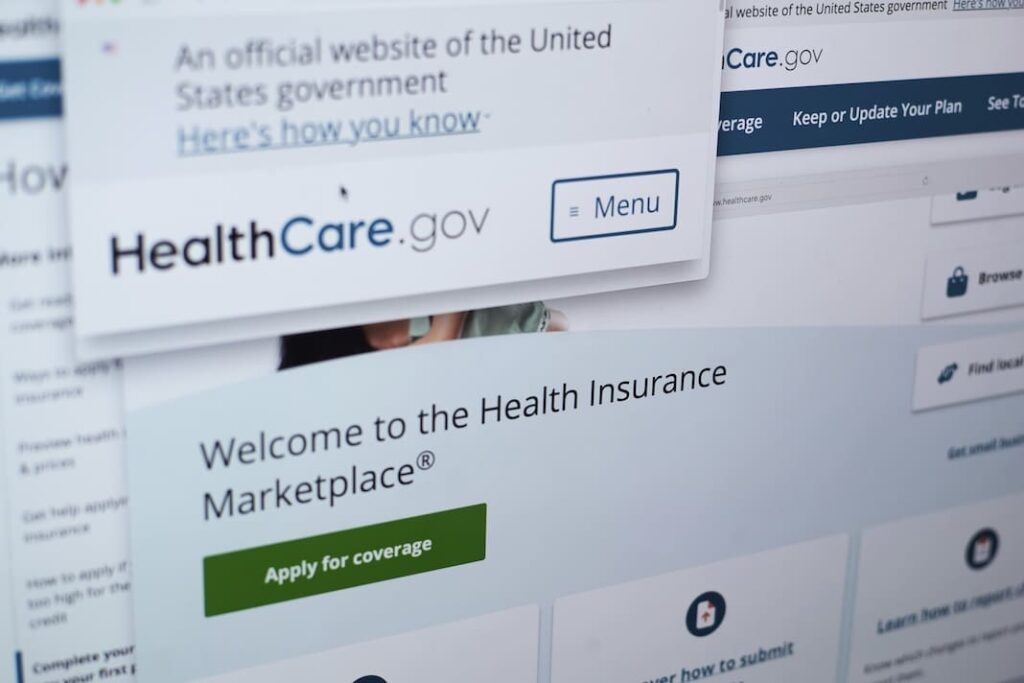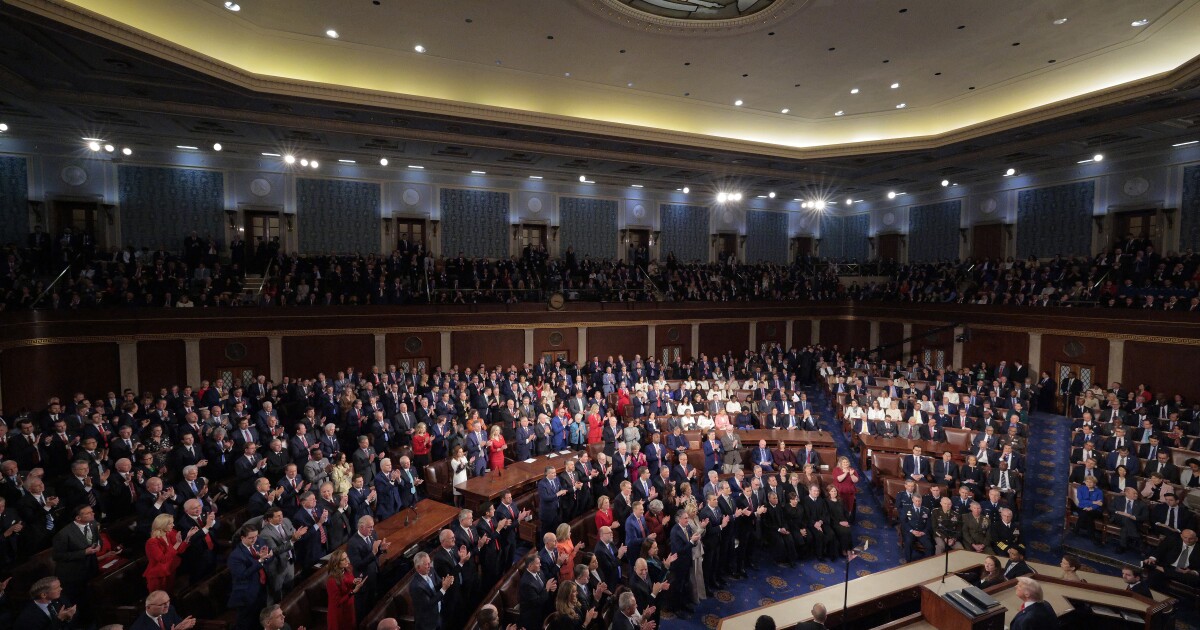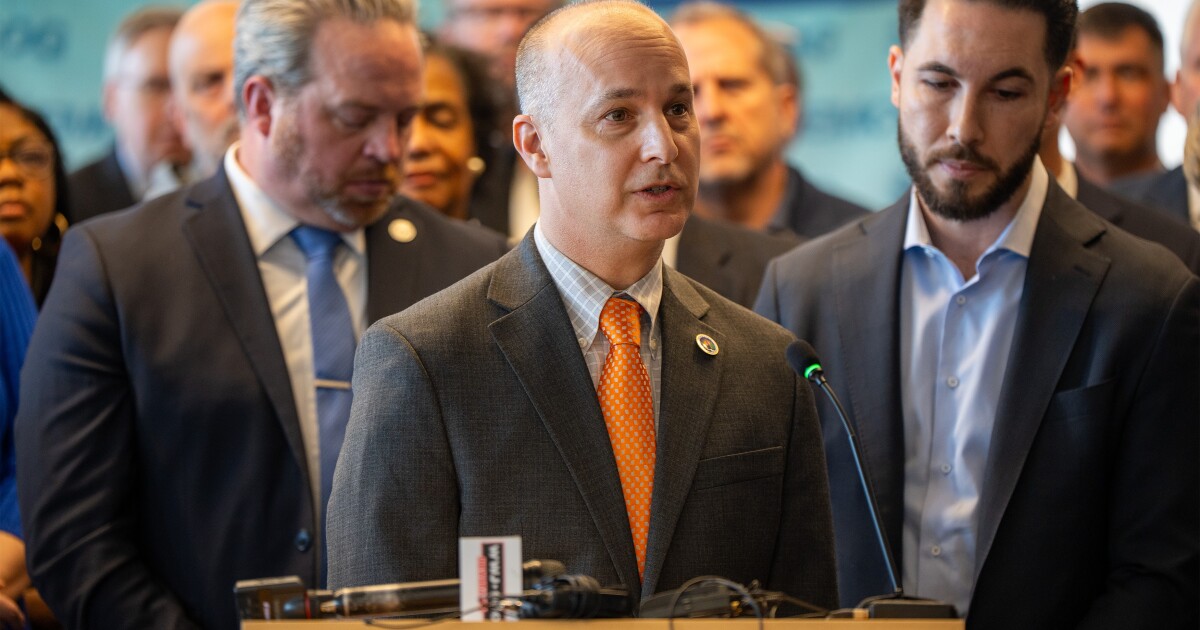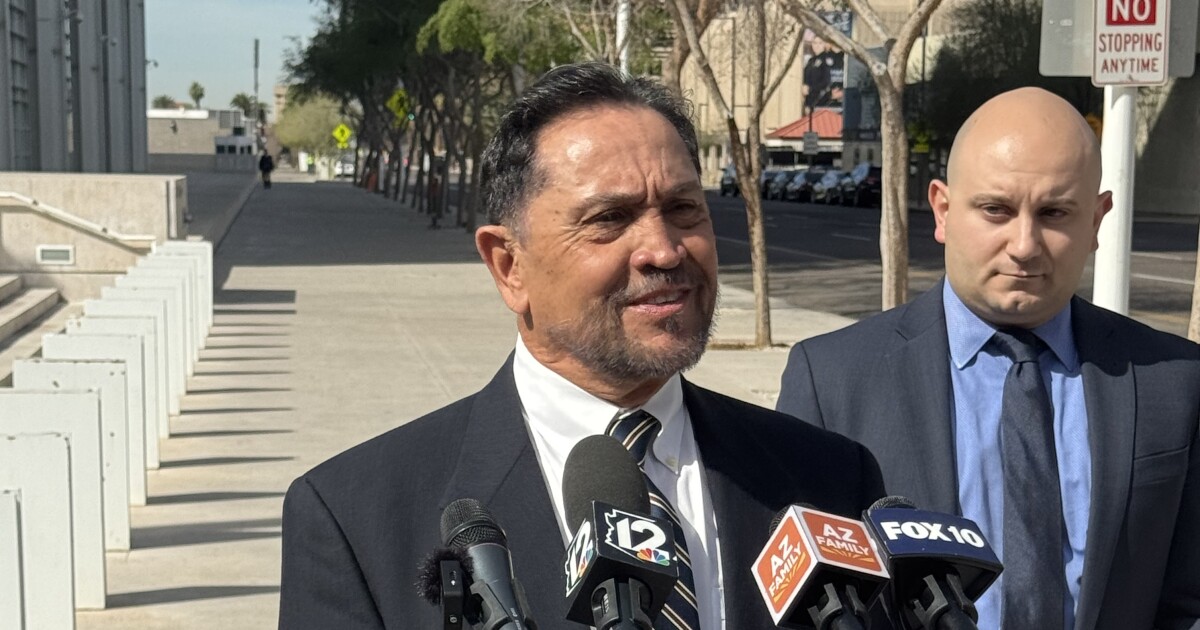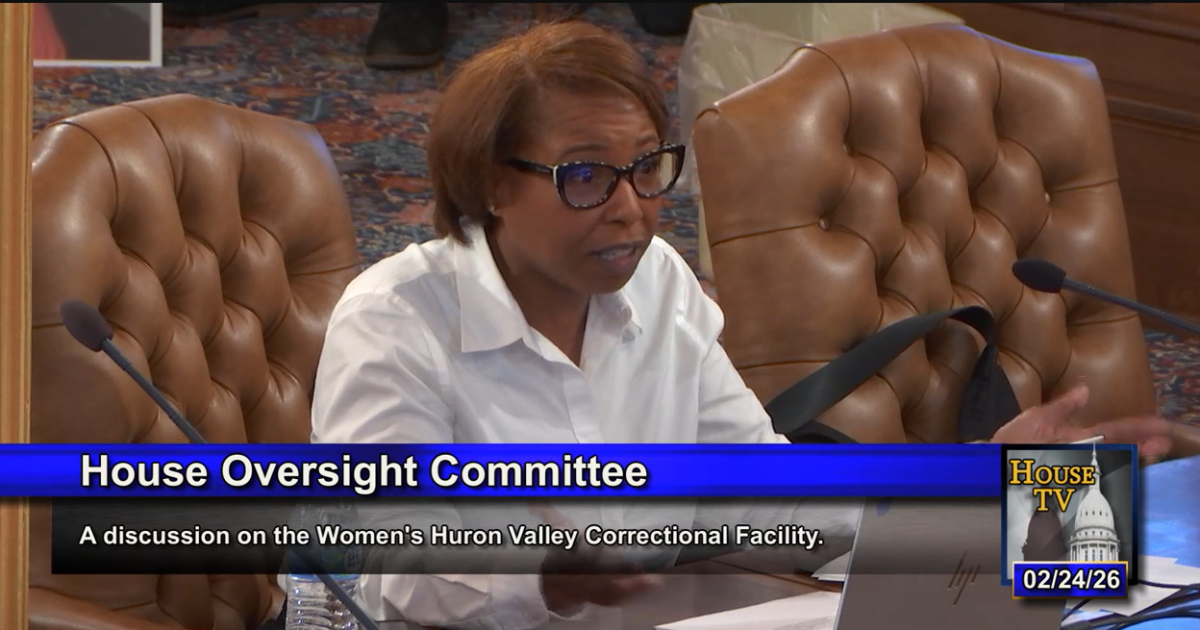Article Summary –
Jill Murphy, along with nearly half a million Michigan residents, benefits from enhanced premium tax credits under the Affordable Care Act, which help lower insurance costs, but these subsidies are set to expire, potentially causing significant financial strain for those reliant on them, especially if Congress does not act to extend them. The expiration of these credits would lead to a drastic increase in premiums, potentially by over 75%, affecting both subsidized and unsubsidized consumers, and would likely result in many individuals foregoing necessary medical care, thus exacerbating the strain on healthcare systems like Dr. Farhan Bhatti’s rural clinic. The conflict over the extension of these subsidies is tied to a broader political battle, which has led to a federal government shutdown, highlighting the urgent need for a resolution to prevent a healthcare crisis.
Macomb County resident Jill Murphy is among nearly half a million Michiganders who benefit from federal subsidies reducing health care costs via enhanced premium tax credits, lowering insurance premiums through an Affordable Care Act marketplace.
This coverage is crucial for Murphy, who needs treatments for endometriosis, a chronic condition causing severe pelvic pain and infertility. With ACA open enrollment starting Nov. 1, Murphy and others depending on these tax credits may face financial challenges if Congress doesn’t extend them.
“Without the advance premium tax credit, people like me will fall through the cracks,” Murphy stated before the Michigan Senate Health Policy Committee on Oct. 22. “The pain I live with from the untreated conditions is unbearable. It affects my ability to work, to function, to live with dignity.”
Kevin Hertel, Michigan Senate Health Policy Committee Chair, convened a session with market participants and experts to assess the impact on Michigan’s health care if the tax credits expire.
Hertel, a Democrat from St. Clair Shores, noted affected individuals are receiving letters about potential premium changes.
“Families are already struggling with rising costs for essentials like groceries and prescription medicines. This will only worsen their financial burden,” Hertel said.
On Oct. 23, the Democratic-led Michigan Senate passed a resolution urging Congress and President Donald Trump to extend the tax credits.
The partisan conflict over this issue is central to the federal government shutdown that began on Oct. 1. Democrats argue the subsidies are urgent, while Republicans contend they have until December to decide.
Rachel Richards of the Michigan League for Public Policy expressed concern that higher insurance rates could deter people from revisiting the marketplace, even if a congressional deal is struck later.
“Even if Congress acts by December, many families will be caught off guard,” Richards said.
Joseph Sullivan from the Michigan Department of Insurance and Financial Services testified that ACA subsidies help those not qualifying for Medicaid or Medicare, with eligibility based on income, household size, and location.
The enhanced tax credits, part of President Joe Biden’s American Rescue Plan Act of 2021, increased assistance for marketplace insurance, extended through 2025 by the Inflation Reduction Act. Michigan saw a record 530,000 enrollments in 2025 due to these credits.
Sullivan warned lawmakers that failing to extend tax credits beyond 2025 could lead to a 75% average premium increase, per KFF analysis, with some facing higher hikes based on location, age, and income. An estimated 40,000 Michigan families could lose premium tax credits.
Murphy emphasized that enhanced credits mean immediate healthcare access rather than emergency scenarios.
“They turn coverage into something real and affordable,” Murphy said. “Without these credits, premiums could rise by hundreds monthly, unaffordable for many. For me, these credits are a lifeline.”
Sullivan noted that the expiration of enhanced subsidies would also raise costs as young, healthy individuals might skip marketplace coverage, worsening the risk pool and increasing premiums for all.
Dr. Farhan Bhatti of the Committee to Protect Healthcare and CEO of Care Free Medical warned that rising premiums could severely impact rural patients, leading to reduced care-seeking.
Bhatti mentioned his clinic might struggle to remain operational if more patients lose insurance, affecting healthcare access in mid-Michigan.
Bhatti highlighted Medicaid cuts approved by Trump and Republicans, potentially slashing federal spending by nearly $1 trillion over the next decade.
“Between federal Medicaid cuts and potential expiration of enhanced tax credits, we’re heading for a healthcare catastrophe,” Bhatti said.
—
Read More Michigan News

